For Colleges & Schools
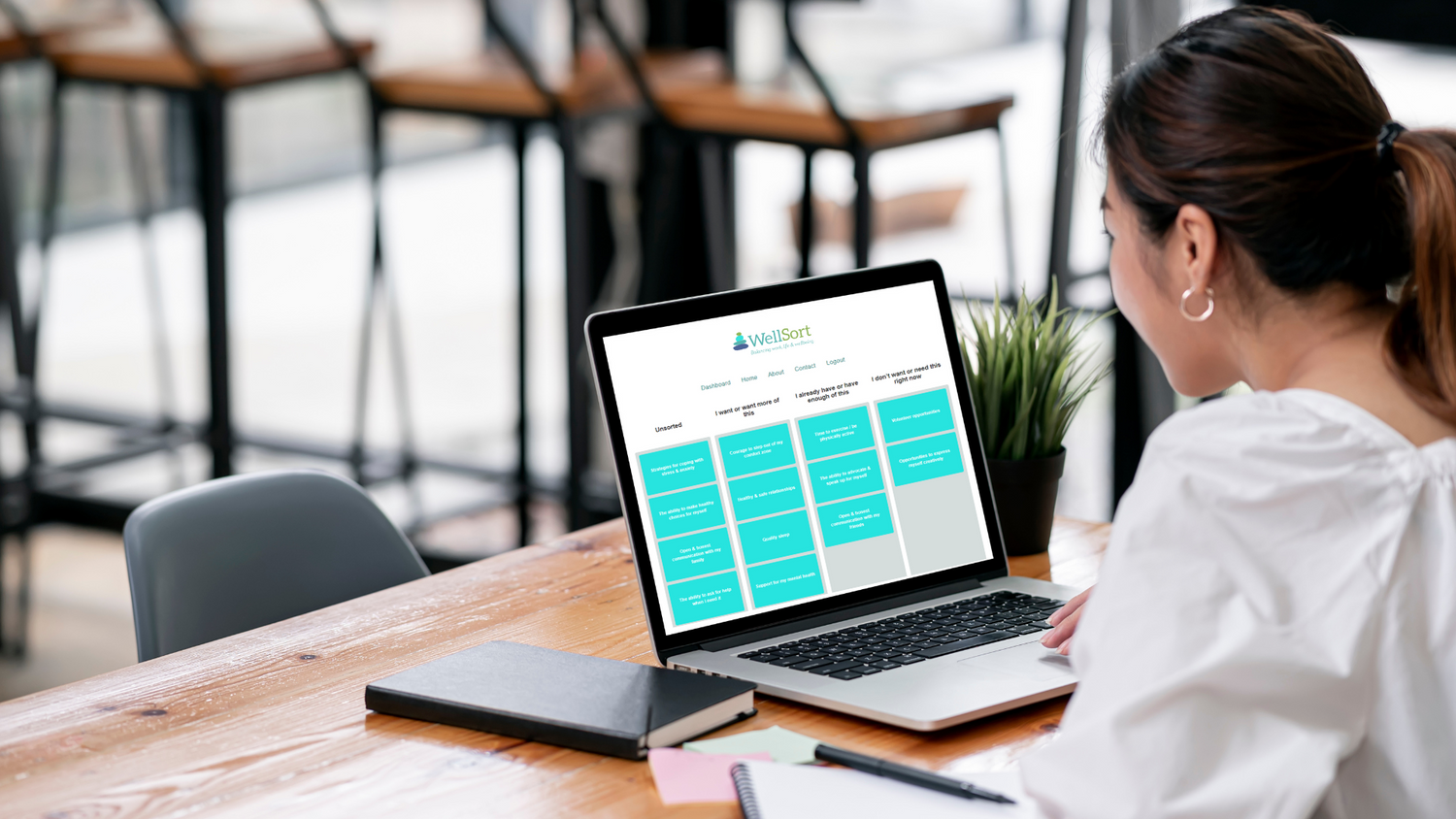
A holistic solution that promotes wellbeing at both the individual student and school-wide level.
Request a demoTestimonials & Case Studies
-

Worcester Polytechnic Institute
WPI Case Study"The Wellbeing Card Sort gives us a current snapshot of student wellness priorities. We’re using this information to make strategic decisions about wellness programming to address student needs in the moment."
- Paula Fitzpatrick, Director, Center for Wellbeing
-

Marshall University
Marshall Case Study"In addition to giving students autonomy in their wellness journey, this program elevated staff and faculty's view on how they might encourage and facilitate the wellbeing of students."
- Kaye Godbey, Coordinator of Wellness Programs
-

University of Arkansas
Arkansas Case Study"We were looking for a way to structure our wellness coaching sessions and better facilitate conversations with students about their well-being…the card sort has really helped structure that process, and allowed us to have better conversations with our students."
- Casey Fant, Director of Wellness & Fitness
How it works:
-
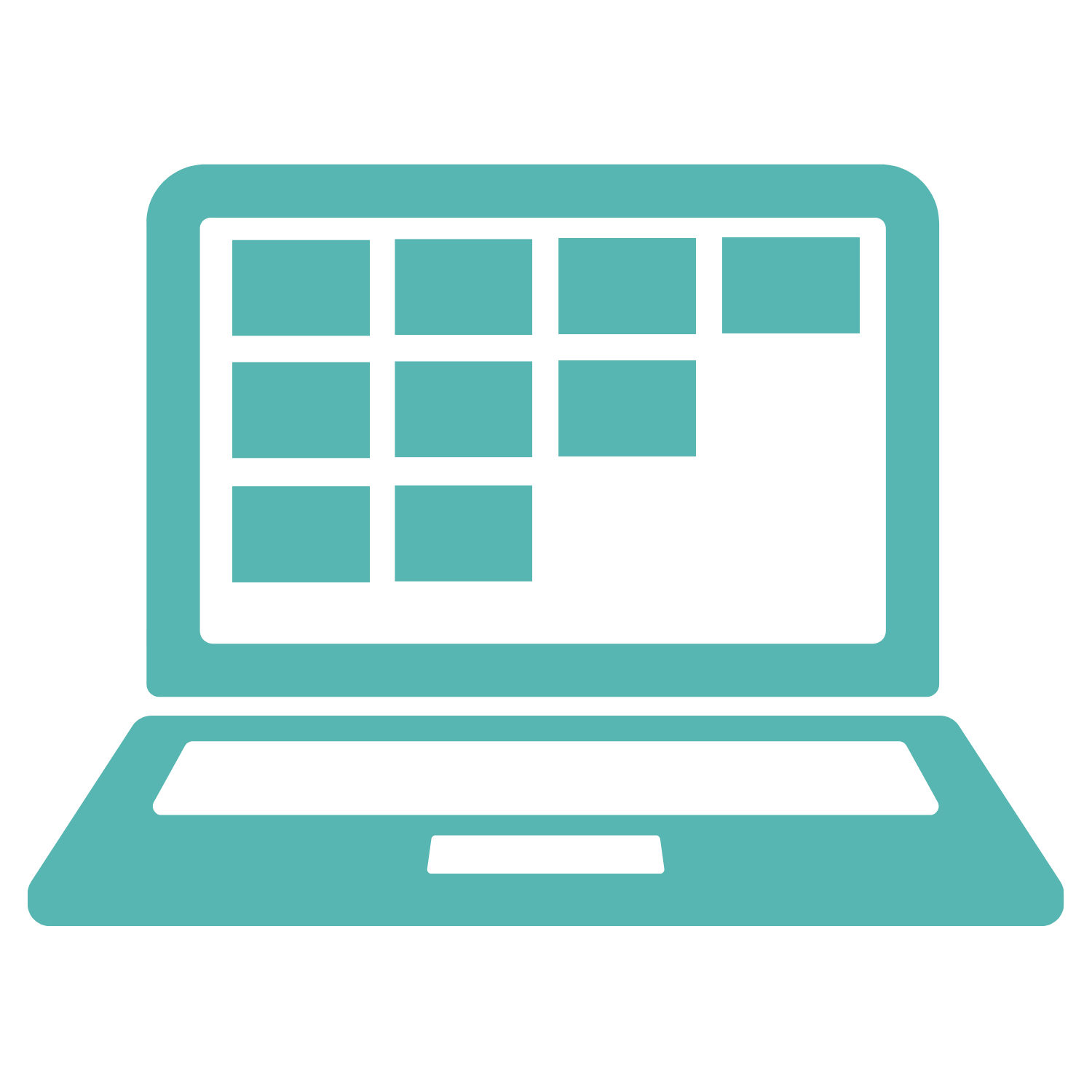
Interactive Card Sort Activity
Using our simple digital platform, students sort 35 wellbeing priority cards, each grounded in the Eight Dimensions of Wellness, to help them clarify and articulate their mental health and wellbeing priorities.
-
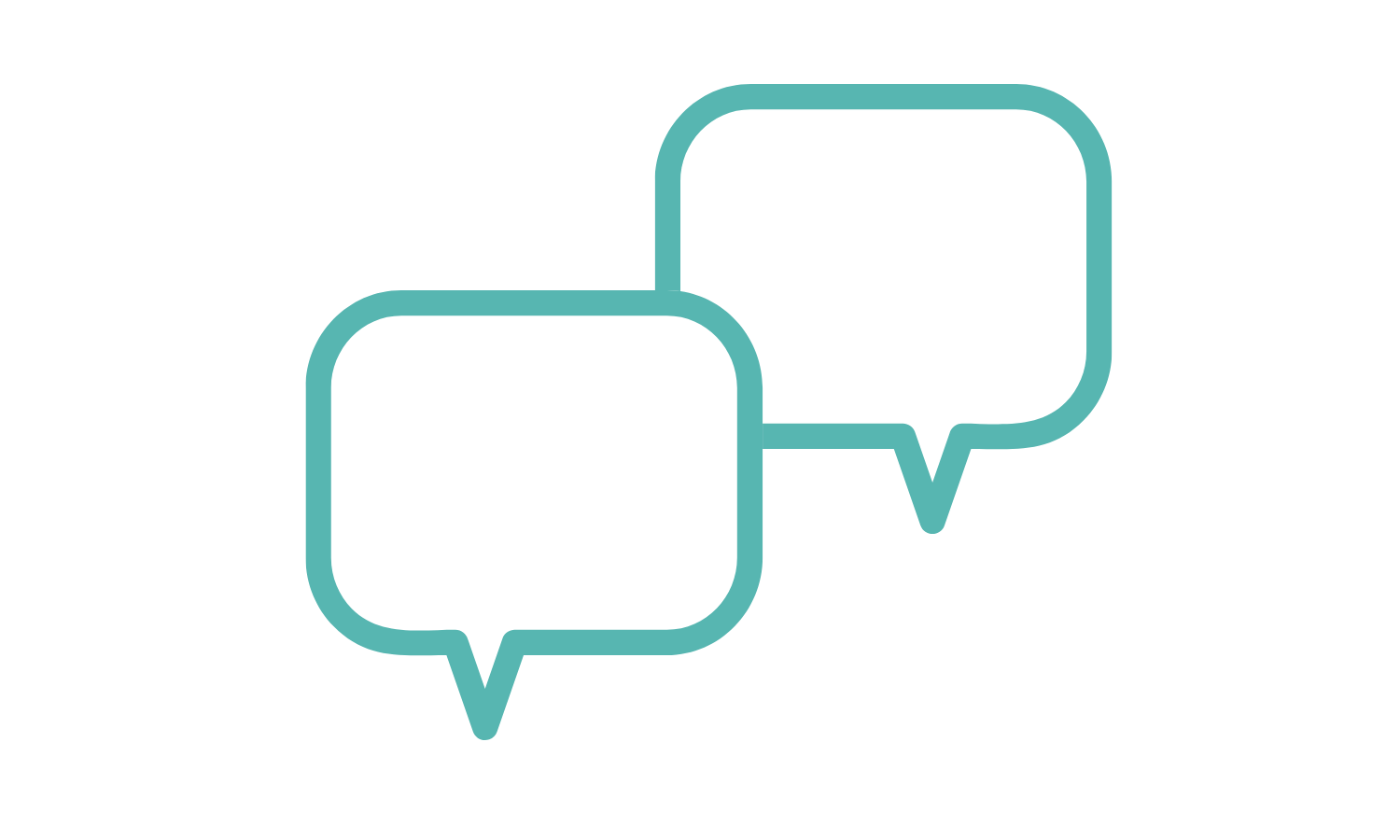
Downloadable Guidebook
Students receive a digital reflection and resource guidebook, which helps them develop a self-care action plan, highlights your school’s wellbeing resources, and encourages them to reach out for support.
-
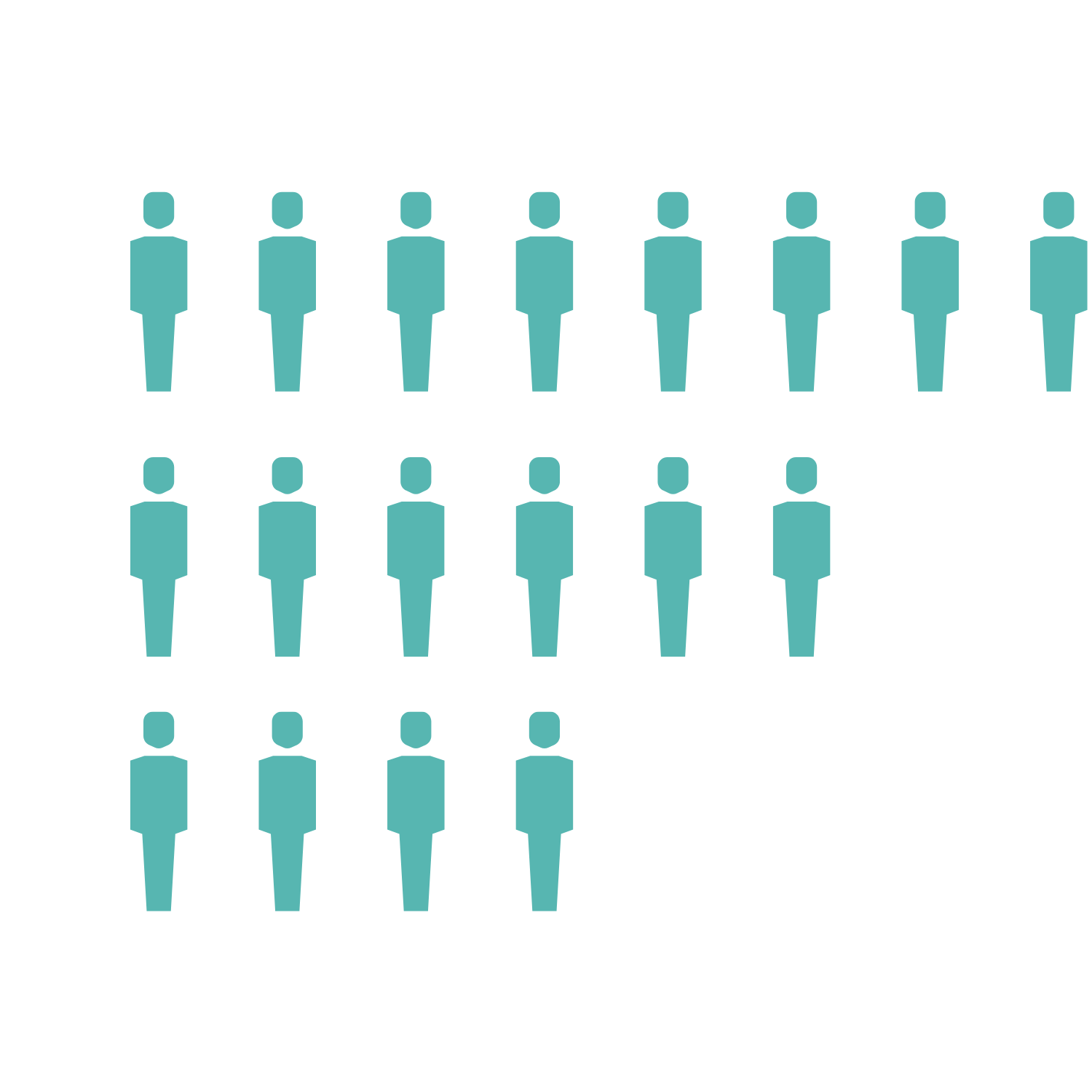
Aggregate Data Insights
You'll receive aggregate data insights into students' reported wellbeing priorities, allowing for informed decision making and optimized resource allocation to meet their wellbeing needs.
-

Proactive Wellness Programming
Spend more time doing the health promotion and prevention work you love, by offering your students a proactive, holistic, campus-wide solution that helps improve the wellbeing of all of your students.
Embedding wellbeing into your individual department or across your entire school community.
We'll partner closely with you to better understand your specific needs, and collaborate to establish a simple, smooth, and cost-effective implementation plan that's aligned with your mission, goals, and budget.
Implementation Strategies
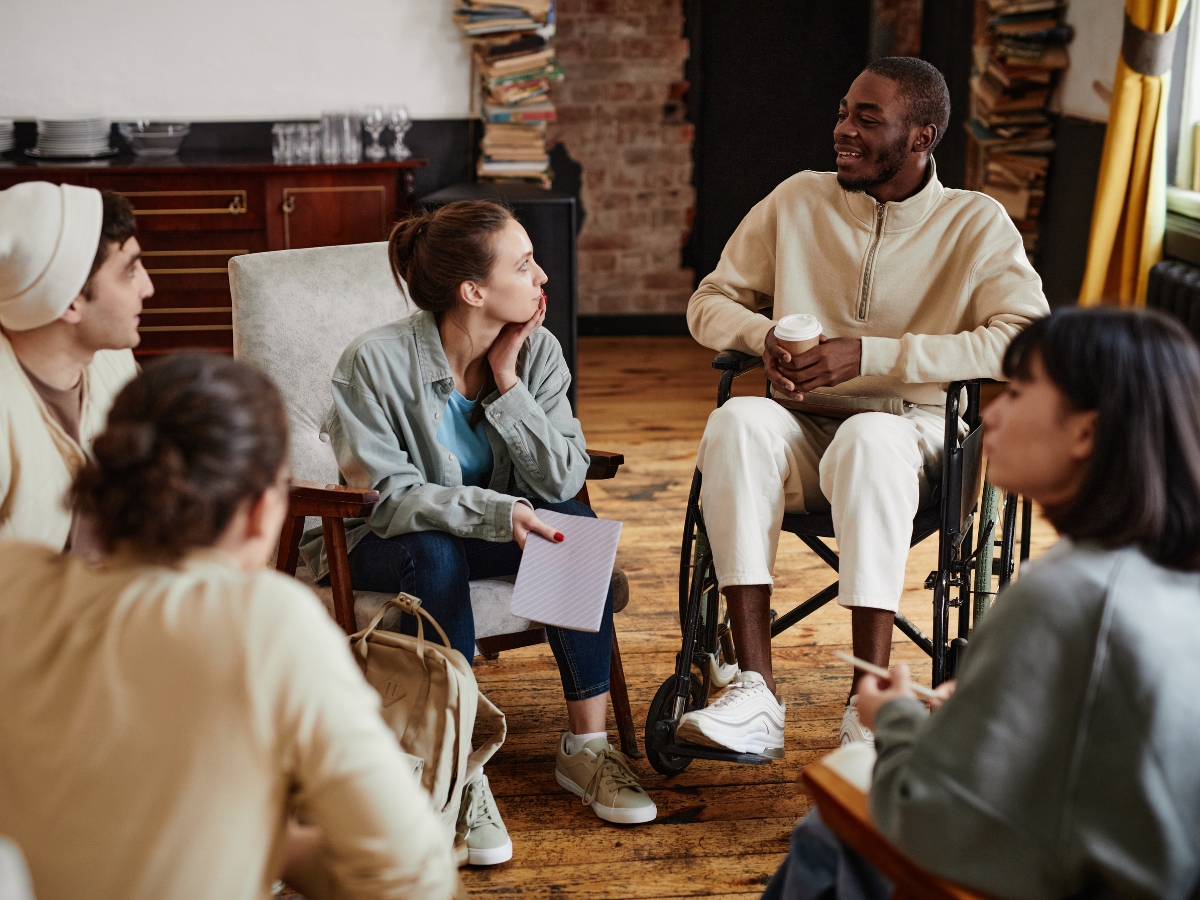
Orientation Programming
- Offer the card sort as an activity for students to do before they arrive on campus, &/or during the first week of school, to get them thinking about their wellbeing priorities & what they need to succeed as they transition to school.
- Use as a way to introduce the mental health & wellness resources available on campus.
- Highlight your school's commitment to helping new students take care of their wellbeing from day-one.
First Year Experience
- Include in your FYE curriculum to help normalize prioritizing mental health & wellbeing.
- Assign as pre-work & discuss wellness goals and strategies in pairs, small groups, &/or as a class.
- Help students develop critical life skills & build agency in advocating for their own wellbeing.
- Improve wellbeing literacy on campus.
Peer Mentoring & Education
- Use as a peer-to-peer mentoring tool for exploring and articulating mental health & wellbeing needs.
- Provide as a paired goal-setting activity.
- Use as a structure for support & accountability to help students following through with their wellbeing goals.
Wellness Programming
- Use as a homework assignment & discussion activity for wellness workshops & classes.
- Use in one-on-one wellness counseling sessions.
- Offer as a standing resource on your Wellness Services webpage.
- Encourage students to use the tool during Wellness & Stress Buster Weeks.
Counseling & Advising
- Offer as part of the intake process to help students prepare for individual or group counseling or advising sessions.
- Provide as a grounding exercise for students who are feeling overwhelmed or distressed.
- Use as a guide to help students develop a specific wellbeing goal and action steps for taking care of their mental health & wellbeing.
Residential Life Programming
- Help roommates & dorm communities talk openly with each other about their wellness priorities.
- Encourage them to support one another in reaching their goals & serve as accountability partners.
Athletics
- Provide as a pre-season wellness check-in & goal setting exercise for student athletes.
- Offer during times of high stress as a grounding & resilience building activity.
- Use for team-building , group support & accountability.










